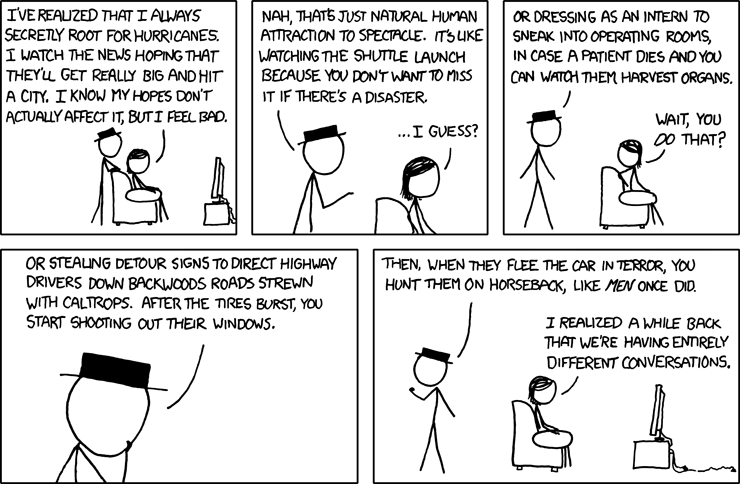Lying is linguistic
Can you tell a lie nonlinguistically? That is, is it reasonable that certain actions or even physical objects should be regarded as embodying lies? A couple of clearly somewhat dishonest examples:
- In the Best Western El Rancho Inn on El Camino Real in Millbrae (Millbrae sounds Scottish but it is near the San Francisco International Airport; I am waiting for a flight to take me back to Edinburgh) the Colombian-made cotton towels and facecloths bear a label stating the brand name "Five Star". El Rancho is nice, but it is a standard-grade California motel, not five star. Could the towel company be trying to misinform me about the quality I am enjoying?
- In the Office Depot store across the street from the El Rancho there is a demo of wireless printing from an HP laptop to an HP All-In-One printer / scanner / fax / copier / toaster. The sign brags about the built-in wireless networking and says you should open WordPad on the laptop and type something and then click "File | Print", and what you typed will magically appear on the nearby printer. But I checked the laptop more closely. Discreetly plugged into the side of it is a USB cable. I traced the cable. It runs to the printer. There is no wireless connection at all. Could they be trying to mislead me about how well wireless printer networking works?
Read the rest of this entry »
